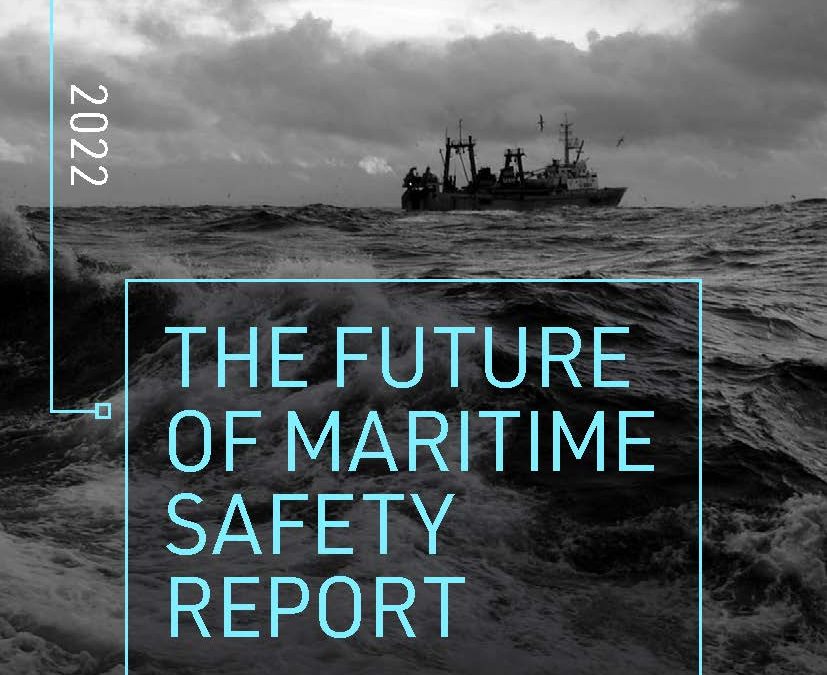Aiming to establish the main safety concerns currently facing the shipping industry, The Future of Maritime Safety Report 2022 examines data from Global Maritime Distress and Safety System (GMDSS) calls made to Inmarsat, the world leader in global mobile, satellite communications, from 2018 to 2021.
Among the key findings from the Inmarsat data was an abrupt spike in GMDSS calls in 2020 at the height of the Covid-19 pandemic, which, according to the report, is likely to have been caused by “issues with crew change, rapid turnaround in ports and fatigue on board”.
Peter Broadhurst, Senior Vice President of Safety and Security, Inmarsat Maritime, says: “The Future of Maritime Safety Report provides insights into safety trends from GMDSS data gathered between 2018 and 2021 and reveals patterns at a local and global level. Better understanding these patterns can help us to take proactive steps to prevent such incidents going forward and help guide us to a safer future.
“The Inmarsat GMDSS data shows the top three sectors with the highest distress calls as tankers, fishing vessels and bulk carriers, with the lowest incidents arising in passenger ships. This data should help us focus our attention and tackle known safety issues in these sectors.”
Adding context to the comprehensive data analysis, the report features expert opinions from industry representatives and seafarers invited to share their views on the most pertinent maritime safety issues and the changes they would like to see implemented to address them.
Cyrus Moody, Deputy Director, International Maritime Bureau, addresses the value of communication and collaboration in tackling piracy. “Protecting our seafaring workforce requires constant vigilance and a concerted effort from the international maritime community, working with agencies and governments around the world”, says Moody. “All too often, piracy is out of sight and out of mind.”
In the cruise sector, Rachel Arnold, Chief Officer, cruise sector, states that “the root cause of most safety issues is cost-cutting”, in discussing how to minimise risk to crew and passengers.
Other contributors include International Maritime Rescue Federation CEO, Theresa Crossley, who shares her views on the lessons shipping must take from the Covid-19 pandemic; and the National Geospatial-Intelligence Agency’s Maritime Safety Watch Branch Chief, Christopher Janus, who emphasises the importance of embracing existing technology solutions to improve vessel safety.
On describing a newly created NGA Source Maritime Automated Processing System which uses autonomous natural language processing and basic machine learning, Janus says that “this kind of automated system could be considered more widely by our industry as we head towards implementing new S-124 navigation warnings for electronic charts and effectively processing even more information”.
Establishing a clear link between the global health crisis and a “drastic rise in distress calls in the last three years”, the report suggests that shipping “has not emerged from the pandemic unscathed”. It concludes with a call to action, imploring the industry to put “safety at the core of its operations” and use “every solution available to prevent incidents and save lives”.
Source: Hellenic Shipping News






